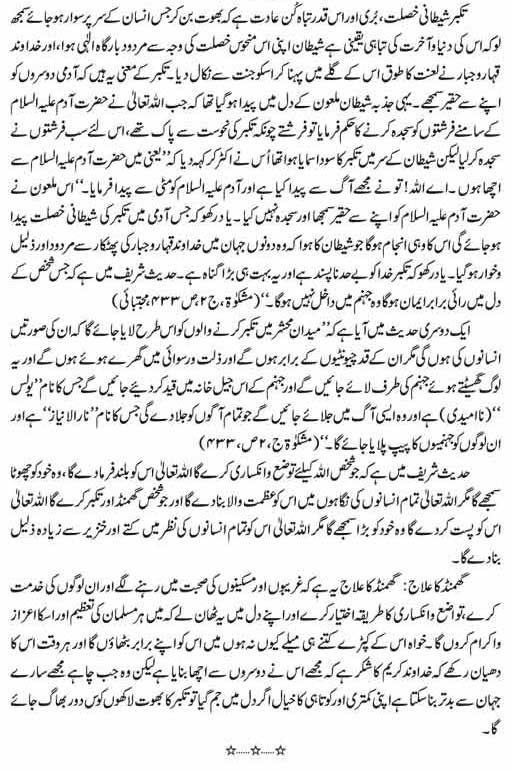There are many ways through which one can become deeply devout and pious and have a soft heart. The best and most important of such ways is to have deep faith in Almighty Allah. True believers who deeply understand Almighty Allah’s attributes and names revere Allah with all their hearts and show complete obedience to His commands. Whenever they hear a verse from Almighty Allah’s Book or a Hadith of the Prophet (peace be upon him), they hasten to abide by the teaching implied therein, uttering in deep faith: “… We hear, and we obey. (We seek) Thy forgiveness, our Lord. Unto Thee is the journeying. (Qur’an 2:285).
When believers contemplate Almighty Allah’s names and attributes and believe that only in Almighty Allah’s hand is the dominion over all things and that only He Almighty can protect them but none can protect against Him Most High, they will do their best to vie in doing good and avoiding evil. Thus, understanding Allah’s attributes is the best and most important step that fills one’s heart with reverence for Almighty Allah and draws one closer and closer to Him Most High.
When you experience such a state, you will be ever mindful of Allah Almighty, and in every moment of your life, whether a moment of blessing or trial, your faith in Allah’s greatness and bounty is asserted.
One who truly knows Allah Almighty has a heart filled with awe of Him Most High. On the other hand, one who never cares about knowing Allah Almighty is far away from understanding His attributes. One who is in such a state is hardhearted and never beholds how severe Almighty Allah’s punishment may be and how limitless His mercy and bounties are. One who has no concern for knowing the Almighty deviates from the right path and is not bothered by violating His laws and commands.
Moreover, such a one keeps deviating from the right path, despairing of Allah’s mercy, for he or she is ignorant of Allah’s boundless forgiveness that He grants to whoever returns to Him in repentance.



